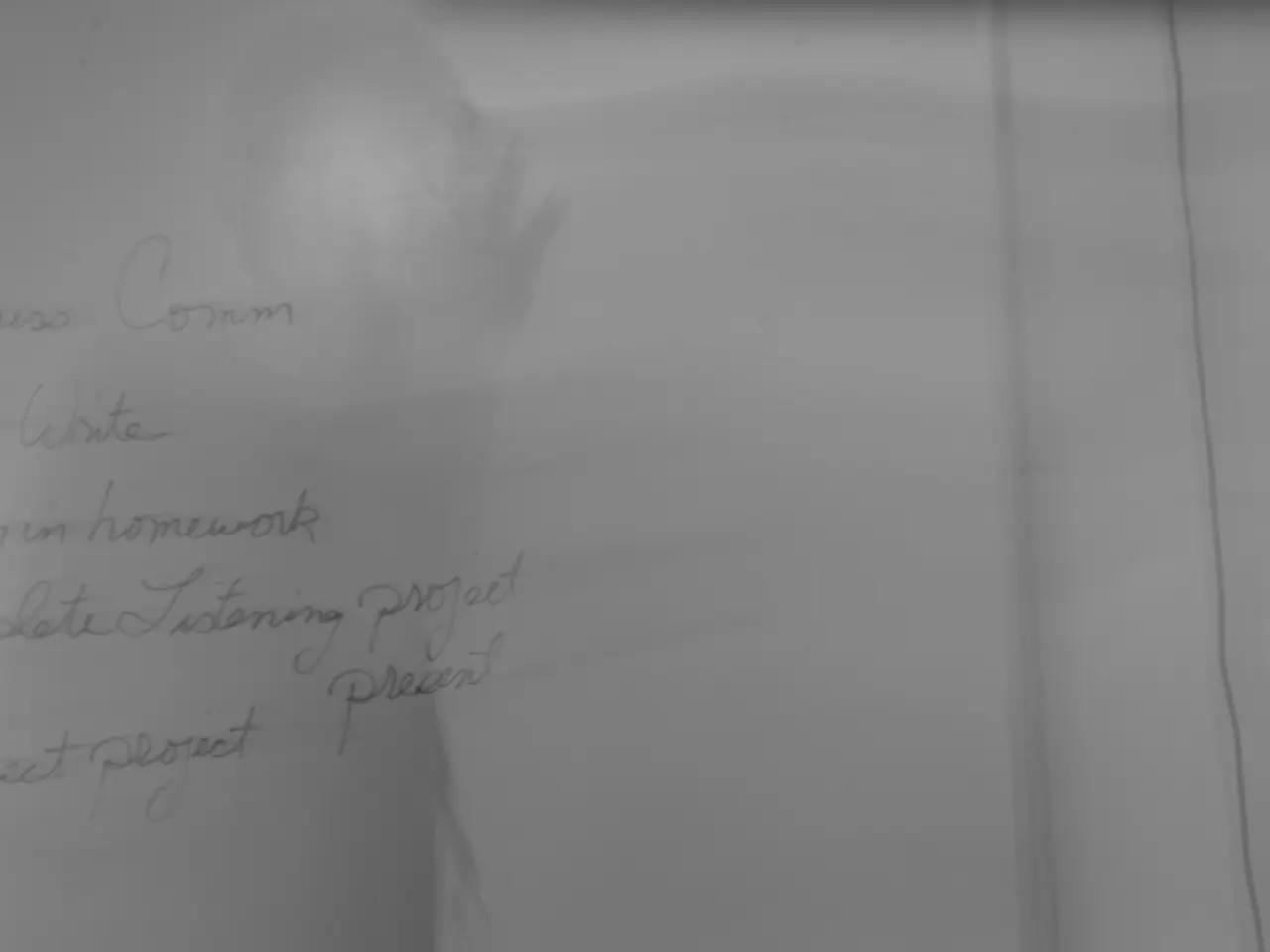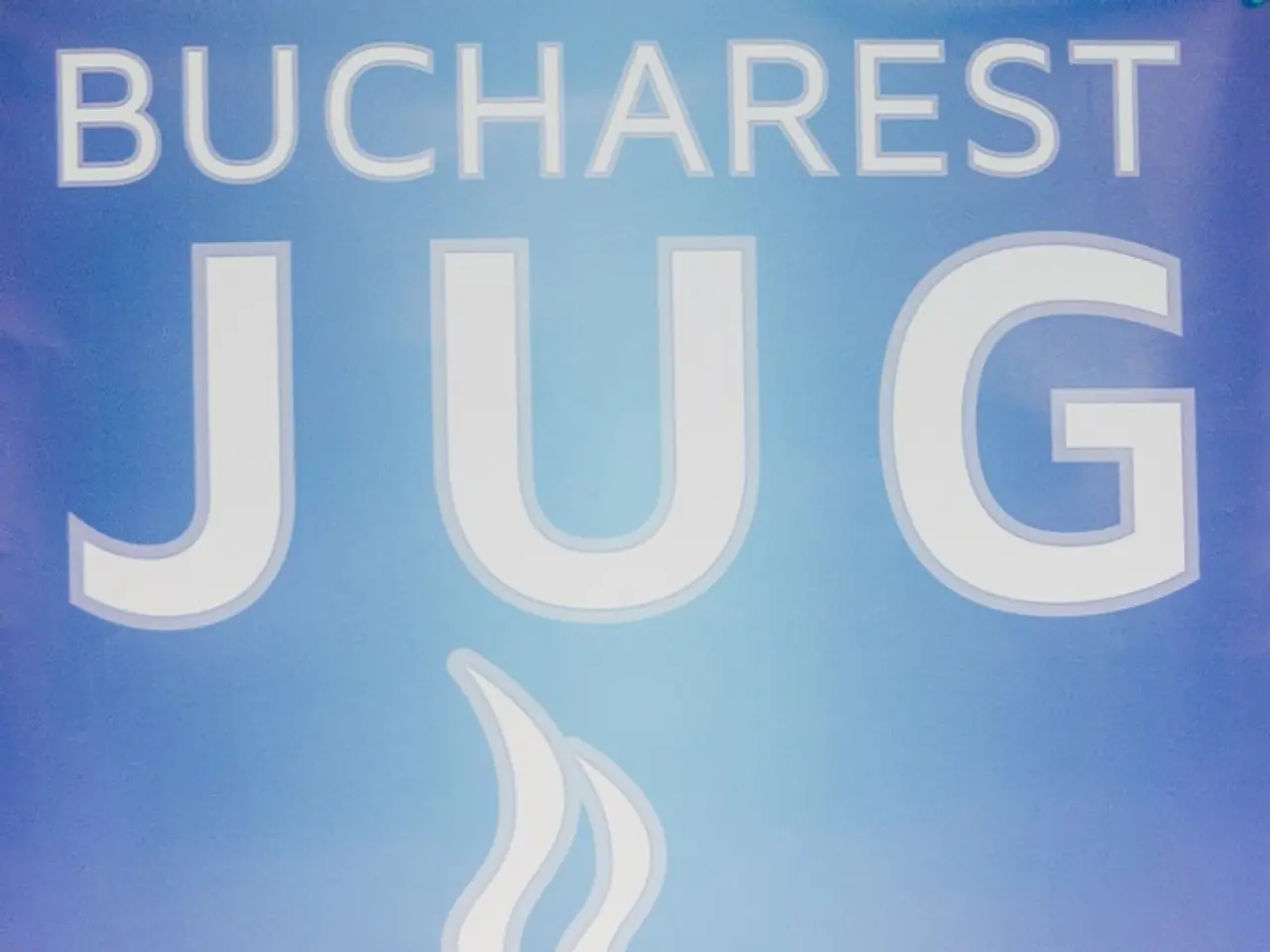Taking a Bigger Bite: The Minimum Wage Hike Stirs Dialogue Amid Mixed Feedback
Significant Minimum Wage Decision Reflects Public Sentiment
Following a unanimous decision by a commission, the minimum wage in Germany is set to rise in two stages, reaching €14.60 an hour by 2027. This move, though designed to enhance workers' livelihoods, has ignited a contentious debate across various sectors.
In the Wings Farmers Warn of Higher Produce Prices; Industry Braces for Job Cuts
The German Farmers' Association lashes out against the new wage policy, fearing it could force farmers to relocate production abroad or hike prices on fruits, vegetables, and wine due to excessive cost burdens. The farmers' president, Joachim Rukwied, urges a special regulation for seasonal workers, suggesting they receive 80% of the minimum wage.
Logistics, retail, and other industries with lower-paying jobs also brace for change, with companies like the Federal Association of Parcel and Express Logistics (BPEX) warning of cost jumps and the potential need for automation and digitization to cope with increased labor expenses. Similarly, the German Retail Association (HDE) highlights the risk of lost jobs in private retail sectors due to the mounting costs.
Balancing Act Government Experts Weigh In: Optimism Versus Caution
Marcel Fratzscher, president of the DIW, voices concern over the decision, labeling it a missed opportunity. He argues that a higher minimum wage would not only help millions of employees but also boost productivity, promote fair competition, and make the labor market more attractive, particularly for immigrants amid the labor shortage.
On the other hand, Holger Schäfer, a tariff expert from the business-friendly Institute of the German Economy (IW), expresses optimism about the current tight labor market. He predicts an increase of over 8% in wages next year and an additional 5% in 2027, questioning the lasting impact of the ongoing crisis and its impact on labor demand.
The trade union-affiliated Institute for Economic and Social Research (WSI), however, notes that the commission's decision aligns with wage growth over the past two years and brings the minimum wage close to the European reference value.
Political Landscape SPD, CDU Divide Over Raising the Minimum Wage to €15
Despite initial suggestions from top SPD politicians that the minimum wage would reach €15 by 2026, the commission stood firm with its decision. The SPD's labor wing criticizes the policy, advocating for a higher minimum wage of €15 to combat poverty and uphold the social democratic promise.
In contrast, Federal Chancellor Friedrich Merz considers the debate settled, expecting little discussion on this matter within the coalition. CDU General Secretary Carsten Linnemann supports the commission's agreement, celebrating it as evidence of "social partnership" and the effectiveness of the commission.
In conclusion, the proposed minimum wage hike to €14.60 an hour will have profound effects on various sectors, particularly logistics, retail, agriculture, and foreign labor markets. Amid calls for more substantial wage increases, the impacts of this policy will be closely monitored in the years to come.
In light of the rising minimum wage, industries such as farming, logistics, and retail might implement vocational training programs to offset increased labor costs and maintain competitiveness (finance, business). To address the concerns of seasonal workers and ensure fair wages, there have been discussions surrounding the possibility of implementing a policy that sets their minimum wage at 80% of the standard minimum wage (community policy).








